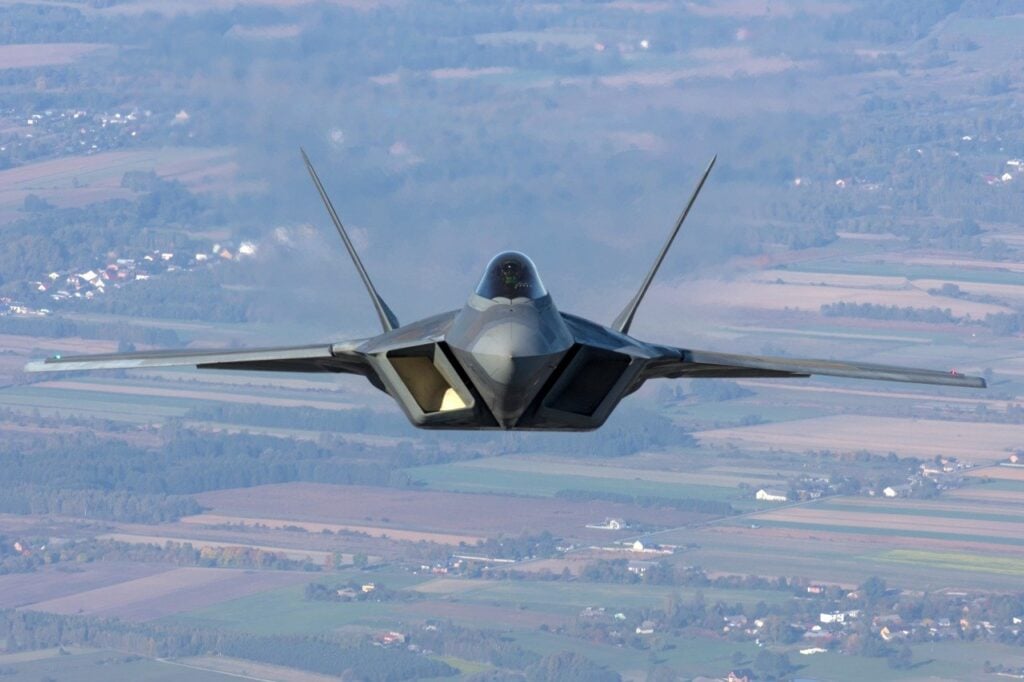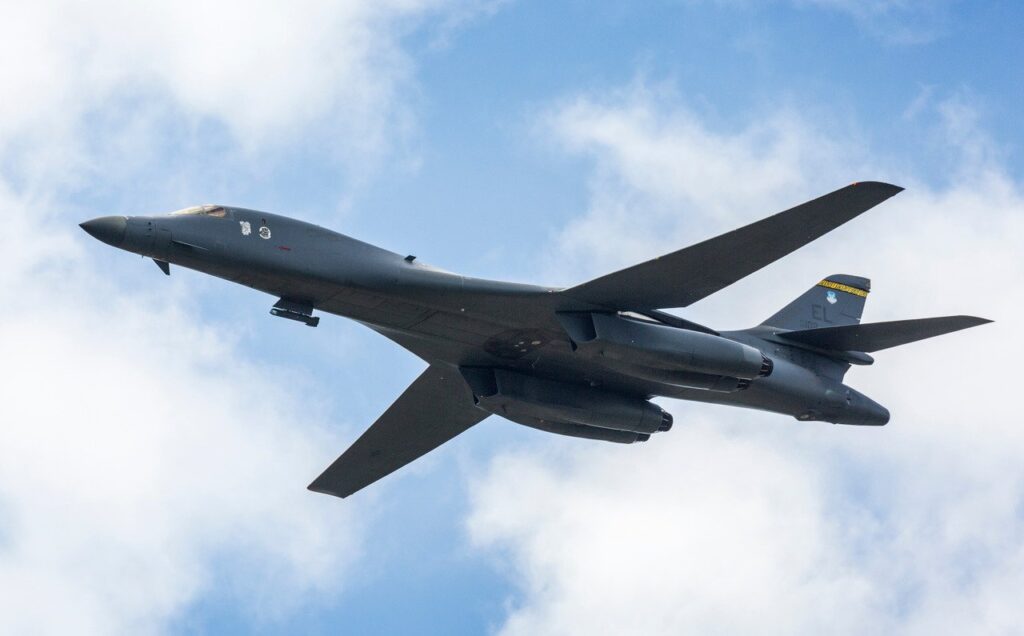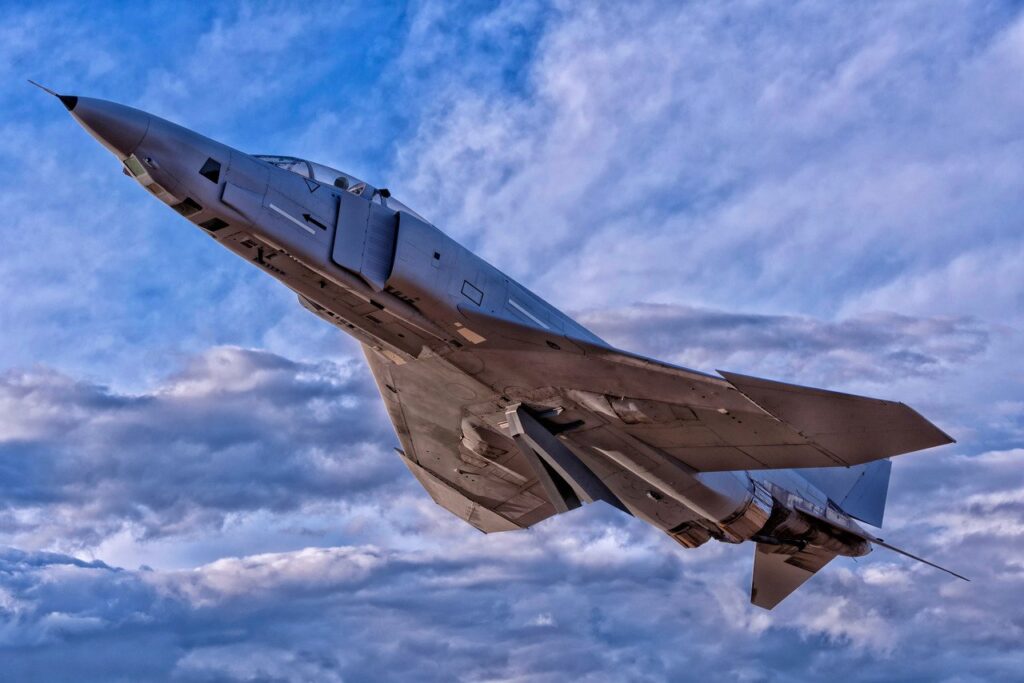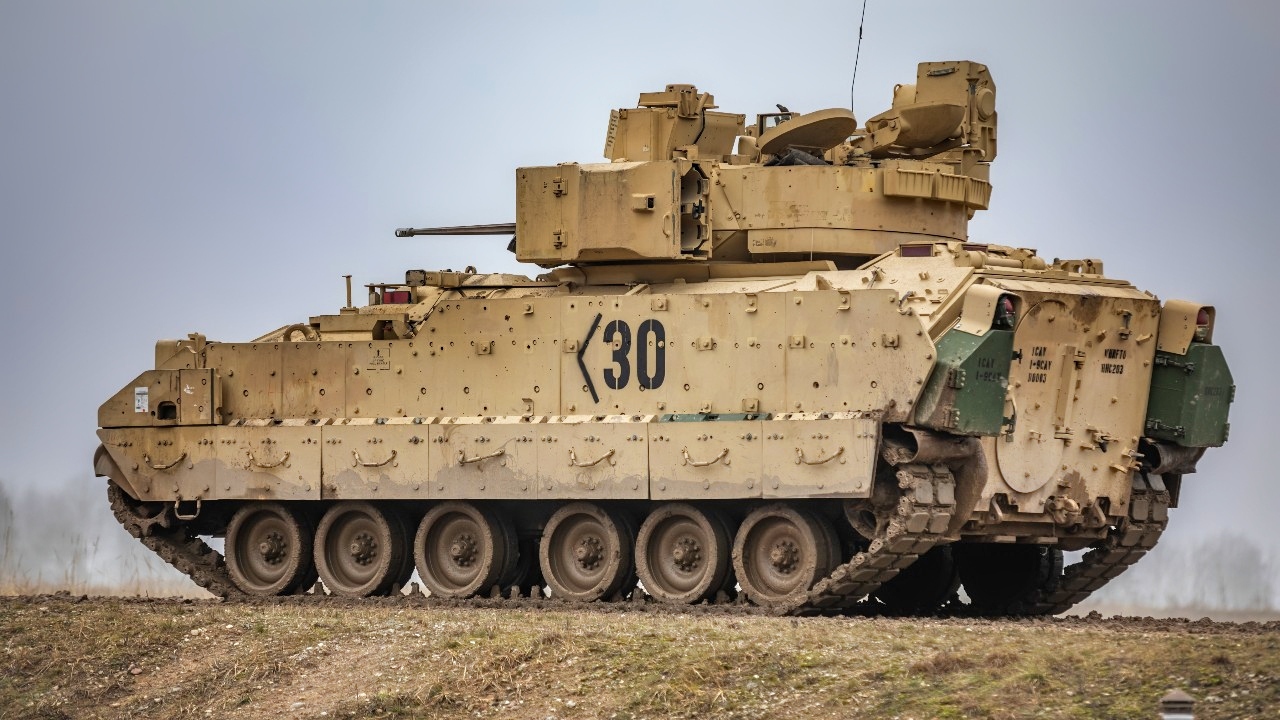
The Untimely Success of Ukraine’s Kursk Offensive
Ukrainian special forces’ surprise and bold incursion into Russia’s Kursk region was Kyiv’s operational punch to the Kremlin’s war strategy with significant immediate effects on the course of the war. The offensive moved the spotlight back on the conflict and changed the narrative of the war from that of the slow Ukrainian retreat to the dynamic battlefield where Kyiv held the initiative. The attack boosted the morale of the Ukrainian troops and brought humiliation to the Putin regime and its military forces. The psychological pressure from an unexpected cross-border foray puts the Russian military and leadership on constant alert over other exploitable vulnerabilities in Russian territory.

By the end of August 2024, Ukraine established a military administration in the nearly 390 square miles of the Russian territory seized during the offensive. Ukraine’s top officials vowed to hold this territory “indefinitely,” indicating Kyiv’s intent to use it as a bargaining chip in future negotiations with Moscow.
The timing of Ukraine’s operational success in Kursk may be off, however. Kyiv could have been in a stronger negotiating position to end the war on terms beneficial to Ukraine had it delayed the offensive into Russia’s territory to next year.
Offensive warfare is incredibly complex and costly. Defensive operations allow a military to buy time, save troops and resources, and develop conditions for a successful counteroffensive. This is what Ukraine did before it launched its offensive in Russia’s Kursk region. Kyiv slowly bled Russian offensive capabilities while continuously modernizing its military hardware and rebuilding its armed forces.
Coupled with the long-range drone attacks on Russia’s military and industrial infrastructure and missile strikes in the occupied territories, this strategy considerably raised the cost of war for the Kremlin. The pressure of costly war prompted Moscow’s engagement in secret indirect talks with Ukraine that could have offered a partial ceasefire by halting attacks on civilian infrastructure in both countries.
The Kursk incursion punched a deep hole in this process. Russia responded to the offensive with a barrage of indiscriminate air strikes reminding that the energy grid is a critical issue for Kyiv. By piercing Russian defense lines, Ukraine showed its ability to impose heavy costs on Moscow, but these costs were not high enough to prompt the diversion of Russian troops from the Ukrainian frontlines. The Kremlin downplayed the impact of the Kursk offensive and accelerated its advances on the Pokrovsk front in Ukraine’s Donetsk region.
The Kursk offensive was a clear demonstration of Ukraine’s capacity to defeat Russia, and it divulged Moscow’s bluff on the nuclear escalation. Yet, it did not, so far, alter Washington’s stance on lifting restrictions on the use of long-range weapons deep inside Russia’s territory. To translate Kursk’s operational success into strategic gains, Kyiv must retain control over the Russian southern region while halting Moscow’s advances in the east of Ukraine. A change in U.S. policy on the use of long-range strike weapons will be a much-needed boost to this strategy.
Yet, Ukraine would have been closer to achieving its desired aims had the offensive been carried out under more favorable conditions. The protracted war and sanctions have already created a gap between Russia’s sluggish high-tech military sector and Ukraine’s more advanced military technologies and weapons systems supplied by the West.
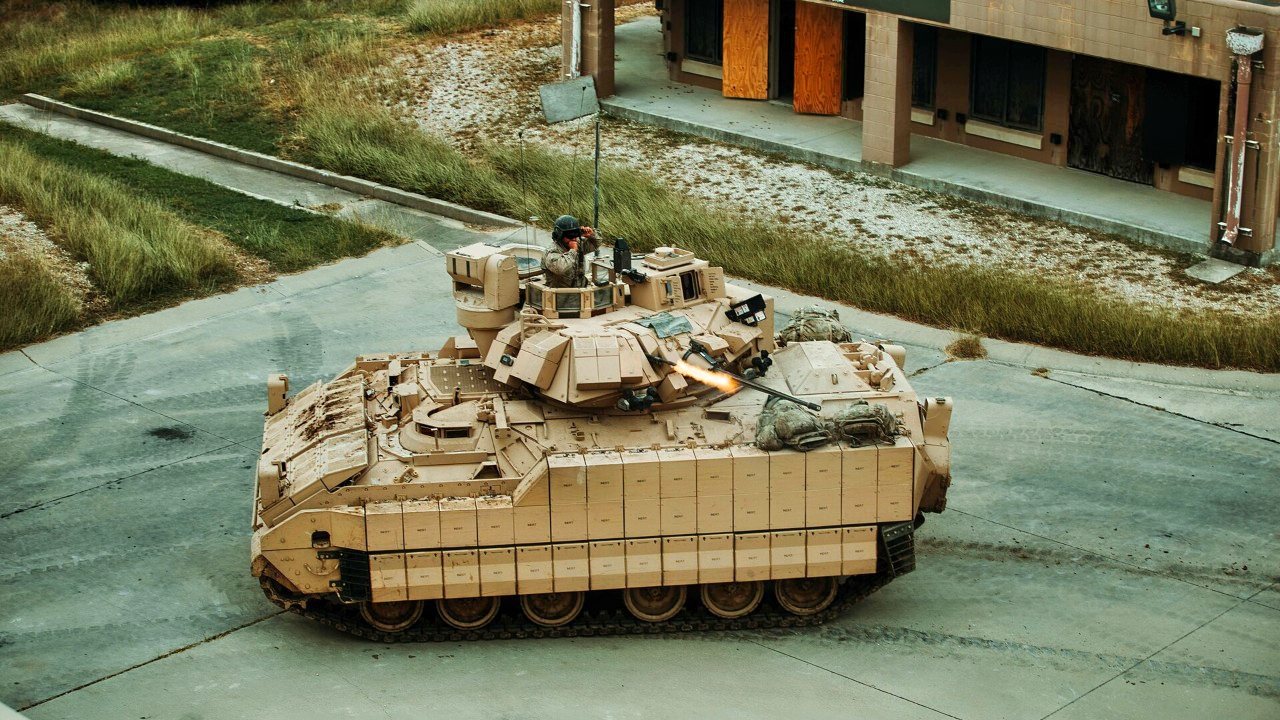
This gap is expected to grow to Kyiv’s strategic advantage. With these advanced capabilities and concentration of force, Kyiv could have slowed down and reversed Russia’s offensive in its eastern territory. A Kursk or similar surprise offensive conducted on the backdrop of Russia’s degraded military capabilities, exploitable vulnerabilities in Russia’s territory, and the loss of positions in Ukraine would have had a greater strategic effect as it pertains to ending the conflict.
About the Author:
Dr. Mariya Y. Omelicheva is a Professor of Strategy at the National War College, National Defense University.
Image Credit: Creative Commons and/or Shutterstock.
